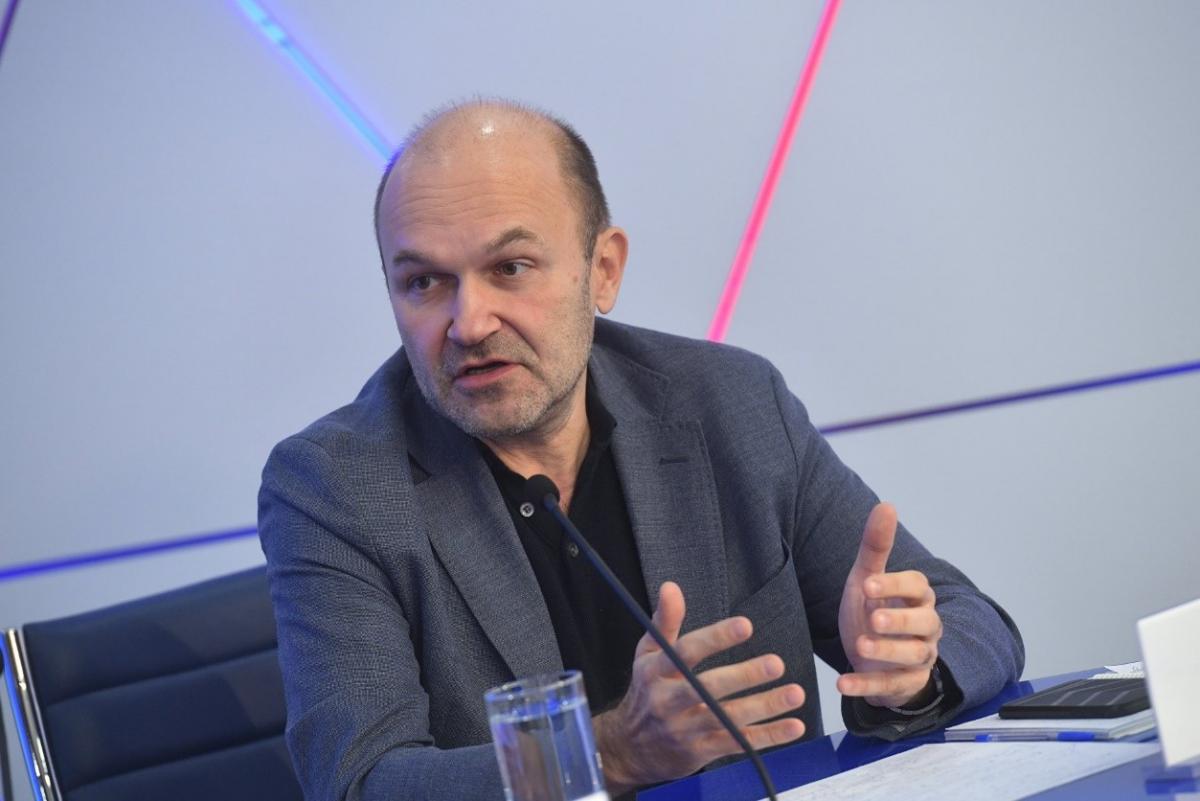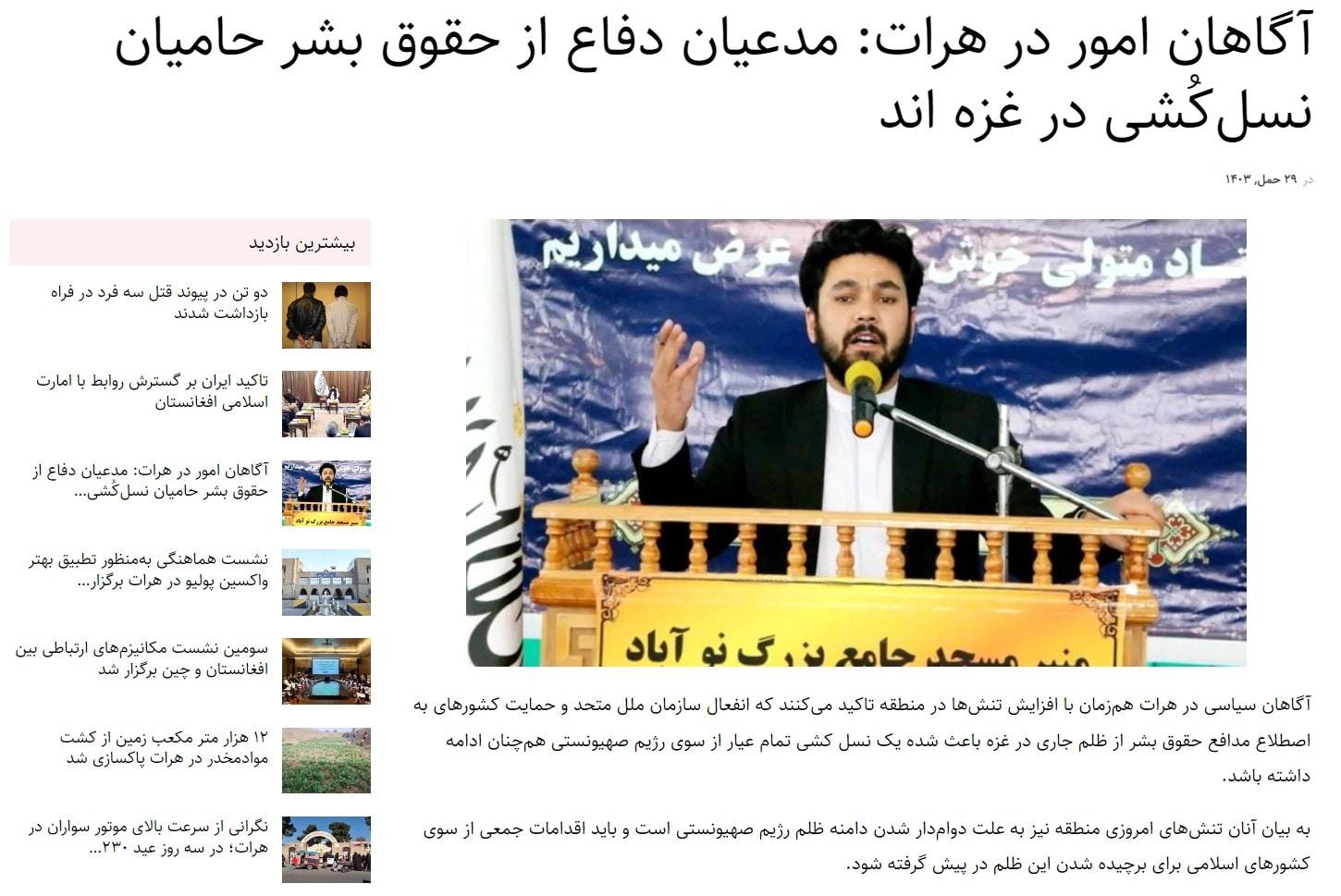While Russia, took satisfaction over the ceasefire agreement between Armenia and Azerbaijan, because only Russia would provide the peace keeping forces and Turkey would be excluded, the result and Moscow's hands-off policy that preceded it have come in for criticism. Kommersant's observer Maxim Yusin thinks that the detached position that Moscow took until recently in the Armenian-Azerbaijani conflict undermined its prestige in the eyes of potential partners and allies. In an article titled "Turkey Squeezes Russia Out of the Post-Soviet Space,"He views Turkish President Recep Tayip Erdogan as a predator, who has no compunction about pushing out Russia and believes that Moscow should stop treating him with kid gloves.
Yusin's article follows below:[1]

Turkish Defense Minister Hulusi Akar visiting Baku to congratulate the Azerbaijan on its victory. Poster shows amity between the soldiers of both countries (Source: Aa.com.tr)
"Simultaneous to the reports about new victories at the Karabakh front, the President of Azerbaijan Ilham Aliyev made an unexpected statement. Against the background of cheerful assurances from some Russian political analysts about friendly and almost allied relations between Moscow and Baku, the Azerbaijani leader promised to turn to Turkey for help if his country would be exposed to “aggression” by third parties.
"The hint is too transparent to be misunderstood.
SUPPORT OUR WORK

"It is unlikely that Aliyev, speaking of a possible aggressor, had Georgia or Iran in mind. The warning was clearly addressed to Moscow.
"At the same time, the Turkish foreign and defense ministers visited Baku, and President Erdogan congratulated, as he put it, the “Azerbaijani brothers” on the capture of Shushi, the key city of Nagorno-Karabakh, and also encouraged [Azerbaijan] to go even further, to complete victory over the enemy.
"In doing so, Erdogan again championed a military solution, demonstratively ignoring the position of Moscow, which insisted on a ceasefire and peace negotiations. That is, Erdogan is acting more assertively, more effectively. And this is happening in the post-Soviet space, which used to be considered a zone of Moscow's special interests and control. However, it turns out now that the balance of power has shifted. For potential allies, partners, and clients of Russia, this is an alarming signal.
"Additionally, it would appear that Ankara is pushing Moscow out not only in the Trans Caucasus, but also in other states of the former Soviet Union. The other day the Turkish ambassador met with the chief of the Kyrgyz General Staff in Bishkek; they agreed on military cooperation, although Kyrgyzstan is Russia’s ally in the CSTO. However, membership in this organization prevents neither Kyrgyz nor Kazakh officials from remembering their Turkic roots and, on this basis, to express solidarity with Azerbaijan and Turkey in the Karabakh conflict.
"Now, the time of predators, like Erdogan, has come.
"They do not tolerate a geopolitical vacuum. And if possible, they immediately fill it, without worrying that for someone it is a zone of special interests.
"In the post-Soviet space, Moscow shouldn’t expect from Erdogan the same delicacy that it has been showing, for example, in the Kurdish issue, which is painful for Ankara. Maybe the moment has come to finally understand it? And take it into account when planning further steps in the Trans Caucasus and in other regions where the interests of Russia and Turkey have begun to collide.

Maxim Yusin (Source: Ukraina.ru)
[1] Kommersant.ru, November 11, 2020.




